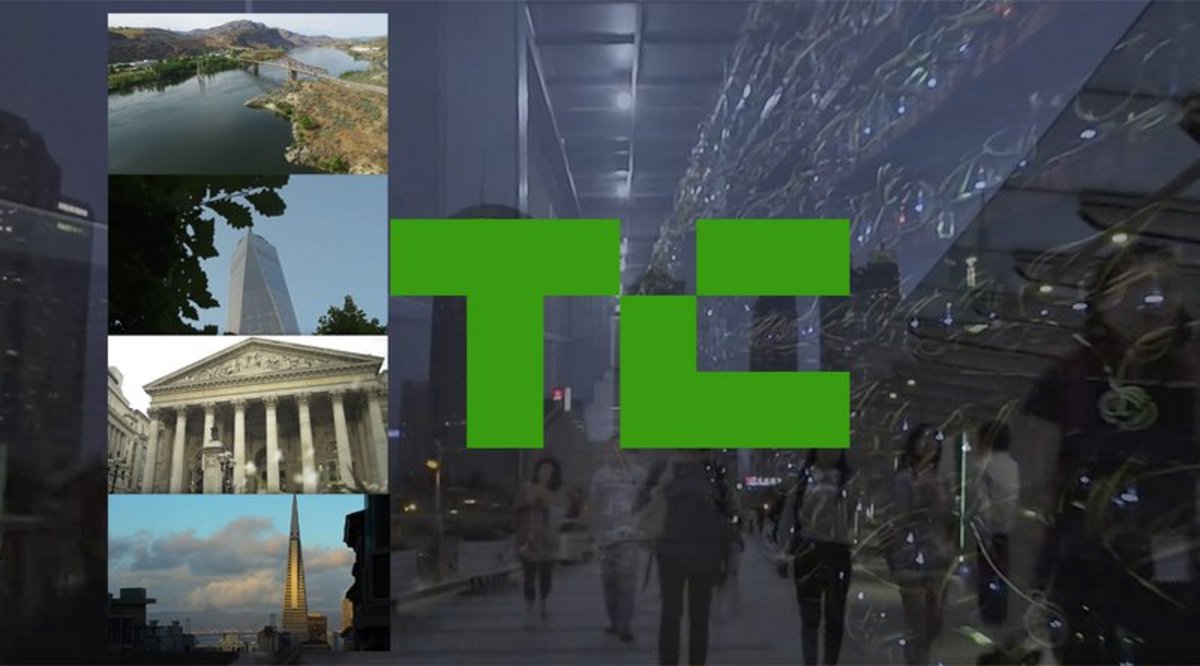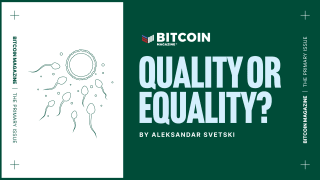
On October 10, TechCrunch a leading technology site that profiles startups as well as hot internet trends and tech news, premiered its first ever series on Bitcoin and the blockchain. Hosted by New York Times reporter and author of Digital Gold: Bitcoin and the Inside Story of the Misfits and Millionaires Trying to Reinvent Money Nathaniel Popper, “Trust Disrupted” examines the emergence of Bitcoin and blockchain and the disruptive influence of these technologies on the world of global finance. The series comprises six episodes, with new episodes released daily through October 14th.
With footage shot on five continents, featuring a rolling set of soundbites from thought leaders and experts, “Trust Disrupted” explores both the short- and long-term implications of this digital movement.
Episode One, entitled “In The Beginning,” offers a brief look at the genesis of digital currency and how it captured worldwide attention in 2008 with the advent of Bitcoin and its supportive blockchain distributed ledger. It briefly notes how the institutions Bitcoin sought to disrupt — governments and big banks — are now exploring ways to advance those same infrastructural systems by integrating the technology .
The opening backdrop of this first episode features a bitcoin mining operation in Caracas, Venezuela. The piece delivers some broader context from Bobby Lee, Gavin Andresen, Fred Wilson, Vitalik Buterin and other big names in the world of digital currency and blockchain. Perhaps most notable is a clip of a presentation by former U.S. Secretary of the Treasury, Lawrence Summers, debunking the long-term efficacy of bitcoin while simultaneously extolling the future role of blockchain technology in overcoming frictions that have long saddled the financial services industry.
Episode Two delves into the global network of Bitcoin Mines and Miners, the machines and humans behind everything from bitcoin transaction processing to system governance. Here, Popper offers a sobering look at how mining has evolved into a specialized profession that holds immense decision-making power over the entire Bitcoin ecosystem. He seems particularly concerned with pointing out China’s growing mining dominance, noting that two-thirds to three-quarters of all mining activity now flows through operations in that country.
Episode Three looks at the controversy surrounding the management of network traffic, looking into whether it should be centralized via the blockchain or remain decentralized.
Episode Four explores the growing prominence of digital currency and the significance of acceptance of the technology by mainstream financial institutions.
Episode Five traces the emergence of Ethereum, the decentralized blockchain platform and its recent challenges.
And the final episode offers a comparative look between Open Blockchains (Silicon Valley) and Closed Blockchains (Wall Street) and their significance in terms of the blockchain’s future impact on the world.
In conclusion, the series while ideal for a “soundbite” oriented viewership, falls flat in places and appears disjointed in others. While viewers certainly will infer different meanings from watching the series, it does leave one pondering its deeper meaning and intent: the community might be inclined to ask “Why now?” in terms of the timing of its release, as well as its intended audience.
Nevertheless the series delivers a tightly woven commentary that both long-term Bitcoin enthusiasts as well as neophytes to the movement will find interesting.










